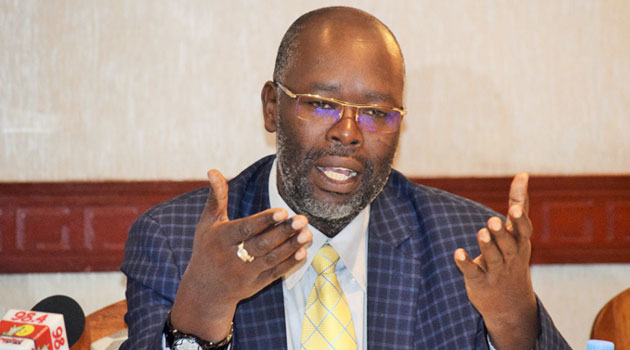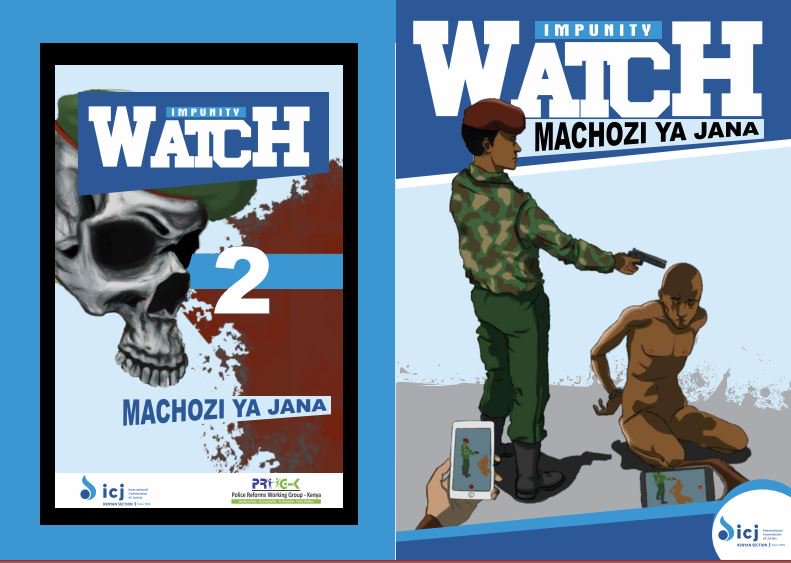By Sarah Nyakio
On Wednesday August 22, 2018, International Commission of Jurists (ICJ) Kenya embarked on a two day community forum meetings on extractives in Voi, Taita Taveta County. Taita Taveta lies approximately 150 km northwest of Mombasa and 300 km southeast of Nairobi.
Every day for the past eleven years, Sophie Wakesho has worked under the hot sun for her survival and that of her six children. For Wakesho 50, who is illiterate, life has been a grapple that is harder than the stones over her head. While quarry work is considered work for men, women, like Wakesho work inquarries. She owns her on quarry in Latika, Taita Taveta County
“This work is very hard since we do not have machinery for mining,” Wakesho explains. Her job is tiresome and hard and involves working in deep pits, equipped only with a shovel and hammer, and no protective gear. Wakesho is not the only woman who works in a quarry.Beatrice Nafula, 47 shares a similar story. The mother of eight children says curiosity encouraged her to join the mining industry.
Despite the exhaustive labor, Nafula told ICJ Kenya that sexual harassment is her greatest worry. “Men take advantage of our weakness to exploit us and we have no option since we need to put food on our tables” she laments.
Nafula makes just Sh300 for a stone on a good day. She wants more organizations to educate them on the mining act and women rights. But for now, the mother eight has no choice but to keep working in the mines. With children in school and her household needs, the earnings at the quarry come in handy.
“My son just recently completed school and I have to work hard for the rest,” she concludes.
However, for John Mwandime a father of four who mines green garnet and savannah says that despite the popularity of minerals in the county the community has not benefitted at all.Mwandime explains that most locals lack information and are constantly exploited by investors. “Our people continue to be poorer despite of the hard work they put in,” he said. In reality, very little has changed for most ordinary people.
He says that such community forums have been an eye opener for them and hopes that one day their hard work pays off. Mwandime confirms that despite the mining act 2016 quarry workers are exploited because they have no access to information.
Mwandime said that the locals especially the ones in the “mashinani” need more training on the content of the mining act.“Most people sign contracts with investors without knowledge of what the contract enshrines and later complain of fraud,” Mwandime asserts.
Participants in the forums say they have been being sidelined because they are excluded from the process of making major decisions in the extractive industry. However, Article 35(1) of the 2010 Constitution guarantees the right to access to information by providing that every citizen has the right to access to information held by state and information held by another person that is required for the exercise or protection of any right or fundamental freedom.
The aim of the community dialogue meetings was to empower the community to actively and effectively participate and negotiate in the extractive processes.
However, after the forum, the participants confirmed that the meeting was educative and informative. The residents are optimistic that information is power and believe there is light at the end of the tunnel.
ICJ Kenya contributes to national and regional discourse on best practices on governance in the extractives sector where the host community has a right to knowledge and information—and also to benefits.










